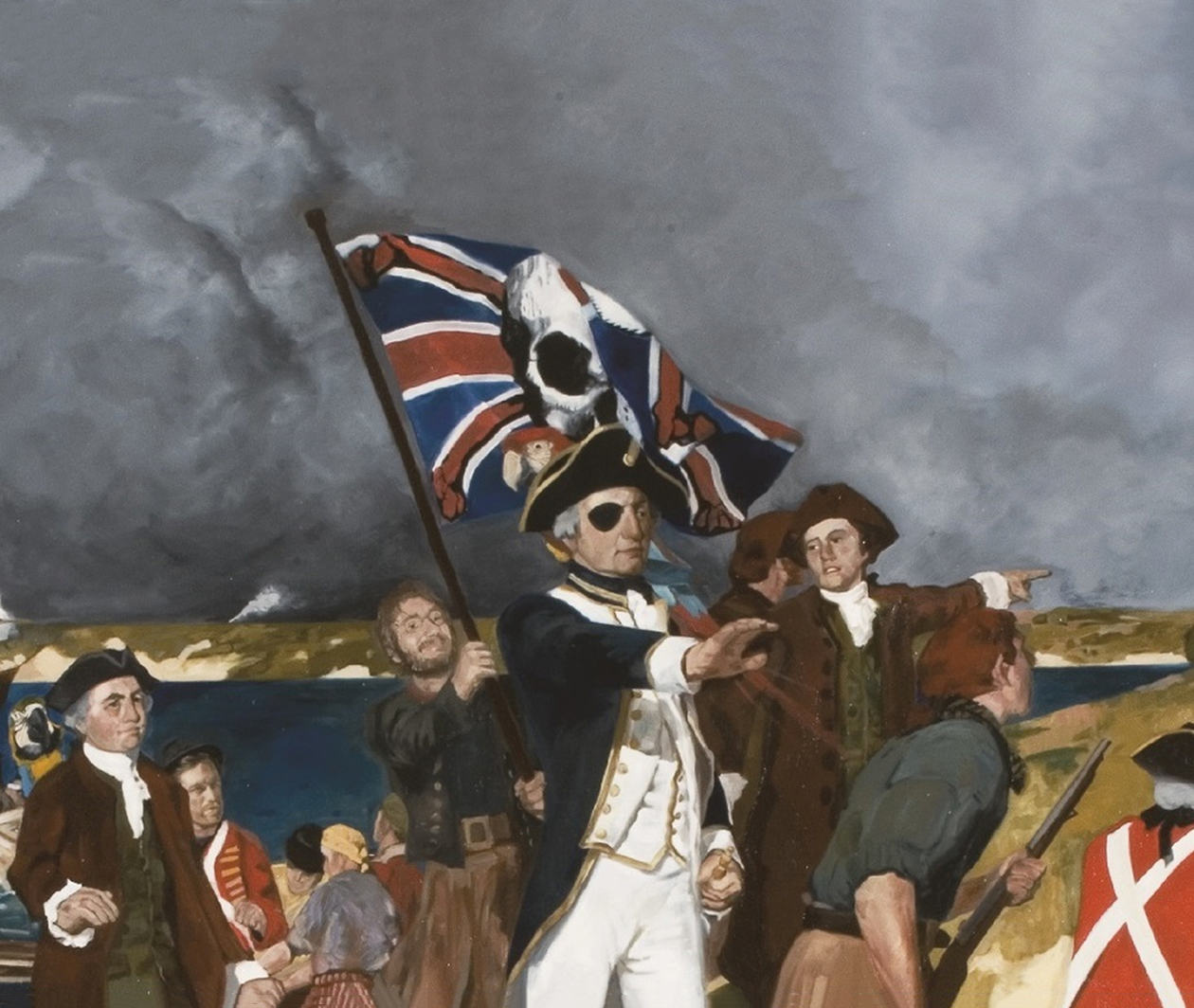
Duration
5 weeksWeekly study
3 hours
Confronting Captain Cook: Memorialisation in museums and public spaces
Other courses you might like
This course isn't running right now. We can email you when it starts again, or check out these other courses you might like.
Browse more in History
Learn about the complex and controversial legacy of Captain James Cook.
2018 marked the 250th anniversary of the departure of the Endeavour for Tahiti under the command of Captain James Cook. But, as the defacing of his statues in Australia suggests, not everyone sees the explorer’s legacy in a positive light.
In this course you’ll learn about the scientific ambition and historical context of the journeys undertaken by Cook, uncovering the complex relationships between Europeans and Pacific Islanders. You’ll also consider the impact of these voyages on our modern world and how various communities and societies relate differently to this legacy.
What topics will you cover?
- Week 1 - Introduction to the voyages and the problematic legacies of Captain James Cook and how these are viewed in the Pacific and beyond.
- Week 2 - How do we use critical and historical enquiry skills to examine and question the historical record of Captain Cook and the impacts of these voyages?
- Week 3 - How Cook’s death lead to a turning point in Britain’s policy and an examination of colonialisation in the Pacific and Australia.
- Week 4 - The complexities around memorialisation in the 21st century through the legacy of Captain James Cook.
- Week 5 - The challenges institutions face in representing colonial histories, using Captain Cook as a case study.
Learning on this course
On every step of the course you can meet other learners, share your ideas and join in with active discussions in the comments.
What will you achieve?
By the end of the course, you‘ll be able to...
- Assess the complex history of exploration in the enlightenment era by exploring the historical record.
- Apply skills of critical and historical enquiry to compare different primary sources.
- Identify outcomes of the voyages of James Cook with particular reference to the process of colonisation in the Pacific.
- Engage with, and reflect on, ideas about memorialisation and the display of objects in our museums and public spaces.
- Debate and discuss the key theme of memoralisation in public spaces through the lens of James Cook.
Who is the course for?
This course is suitable for historians and students looking to broaden their knowledge. It would also appeal to anyone with an interest in museum studies, or those interested in investigating colonialism and its legacies.
Who will you learn with?
Exhibitions Interpretation Curator at Royal Museums Greenwich.
Jo Walsh (Māori) is an Arts Producer & Community Facilitator. She works with organisations to champion issues impacting the Pacific in an effort to decolonise & re-balance historical narratives.
Learning on FutureLearn
Your learning, your rules
- Courses are split into weeks, activities, and steps to help you keep track of your learning
- Learn through a mix of bite-sized videos, long- and short-form articles, audio, and practical activities
- Stay motivated by using the Progress page to keep track of your step completion and assessment scores
Join a global classroom
- Experience the power of social learning, and get inspired by an international network of learners
- Share ideas with your peers and course educators on every step of the course
- Join the conversation by reading, @ing, liking, bookmarking, and replying to comments from others
Map your progress
- As you work through the course, use notifications and the Progress page to guide your learning
- Whenever you’re ready, mark each step as complete, you’re in control
- Complete 90% of course steps and all of the assessments to earn your certificate
Want to know more about learning on FutureLearn? Using FutureLearn
Do you know someone who'd love this course? Tell them about it...
You can use the hashtag #FLCaptainCook to talk about this course on social media.
